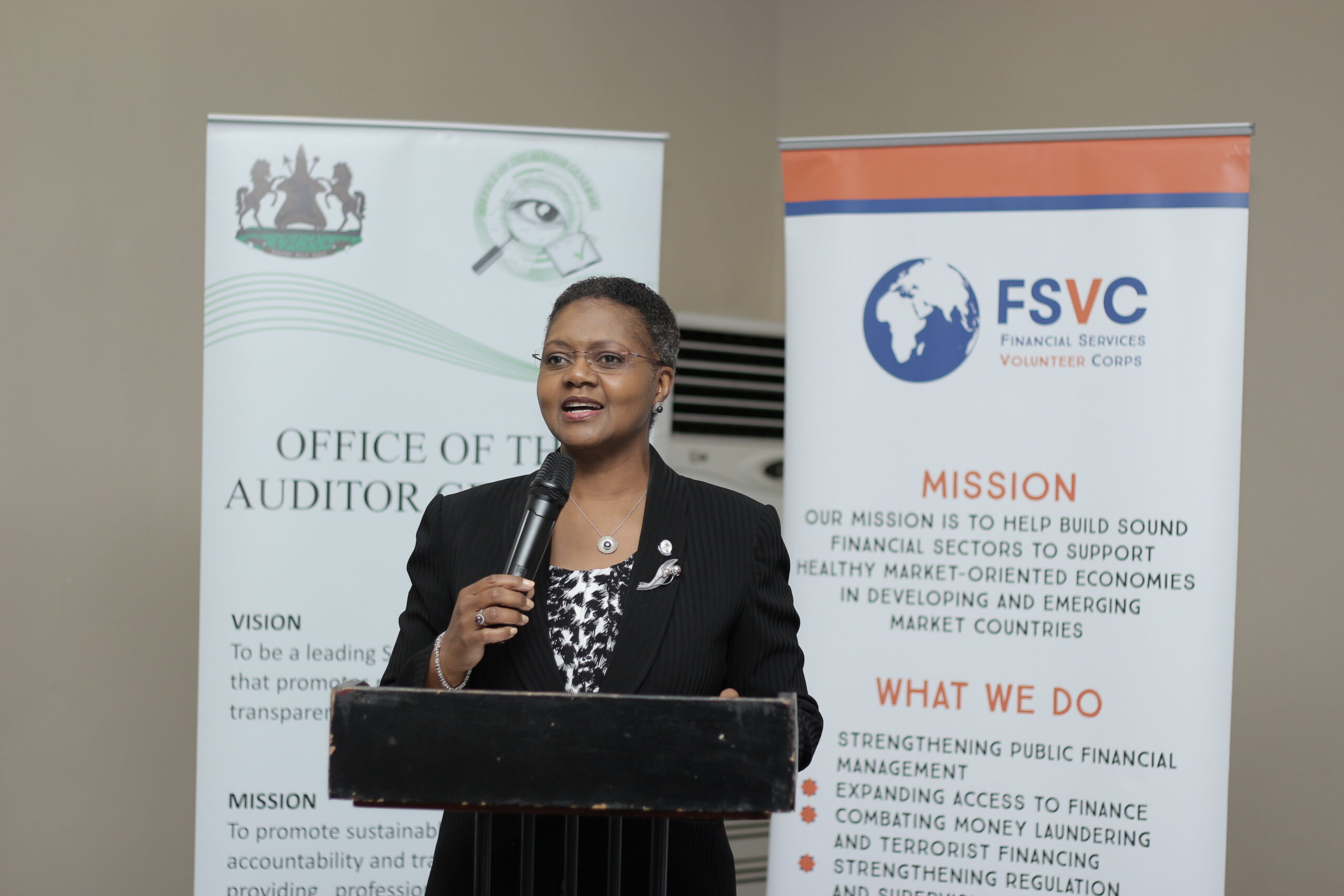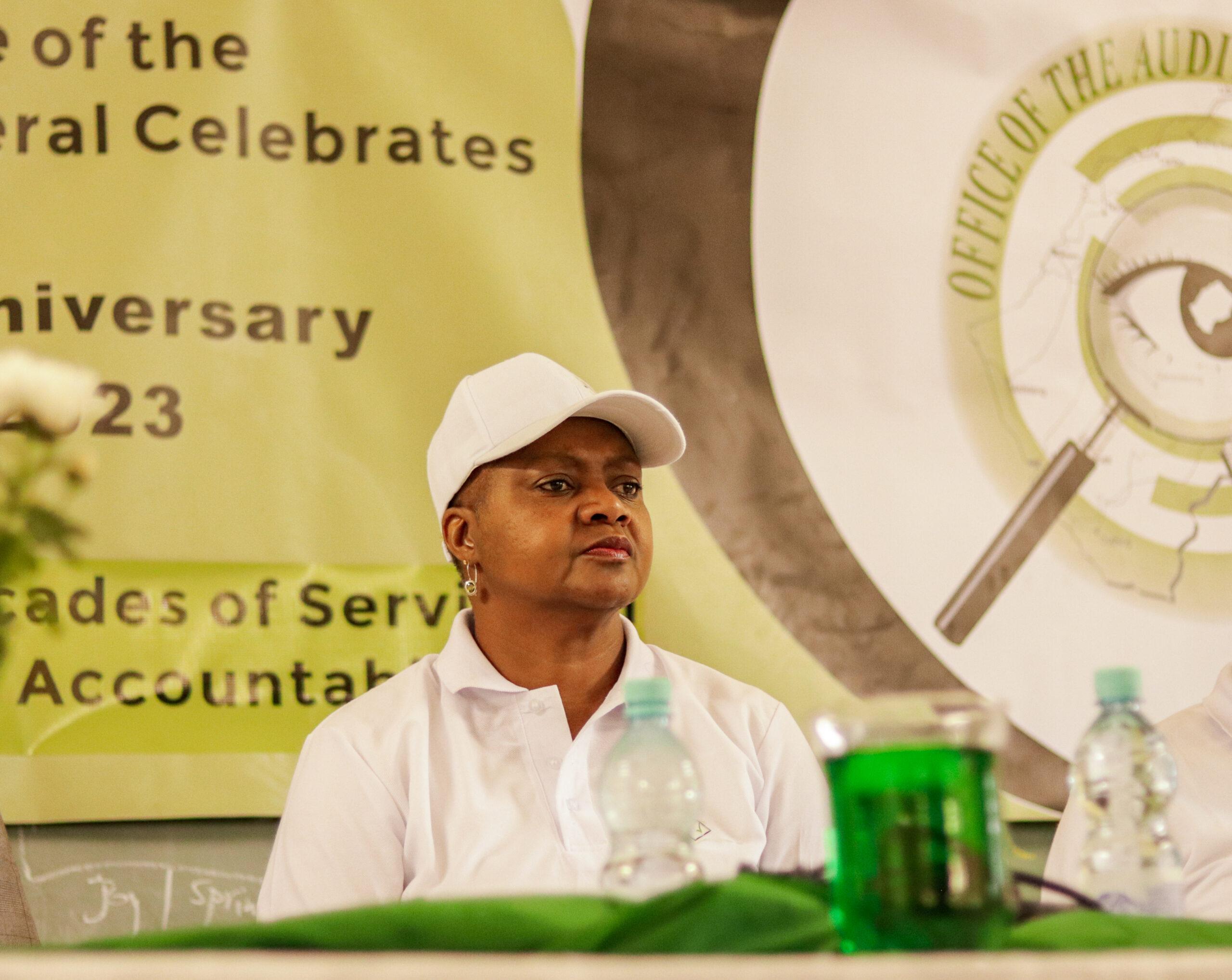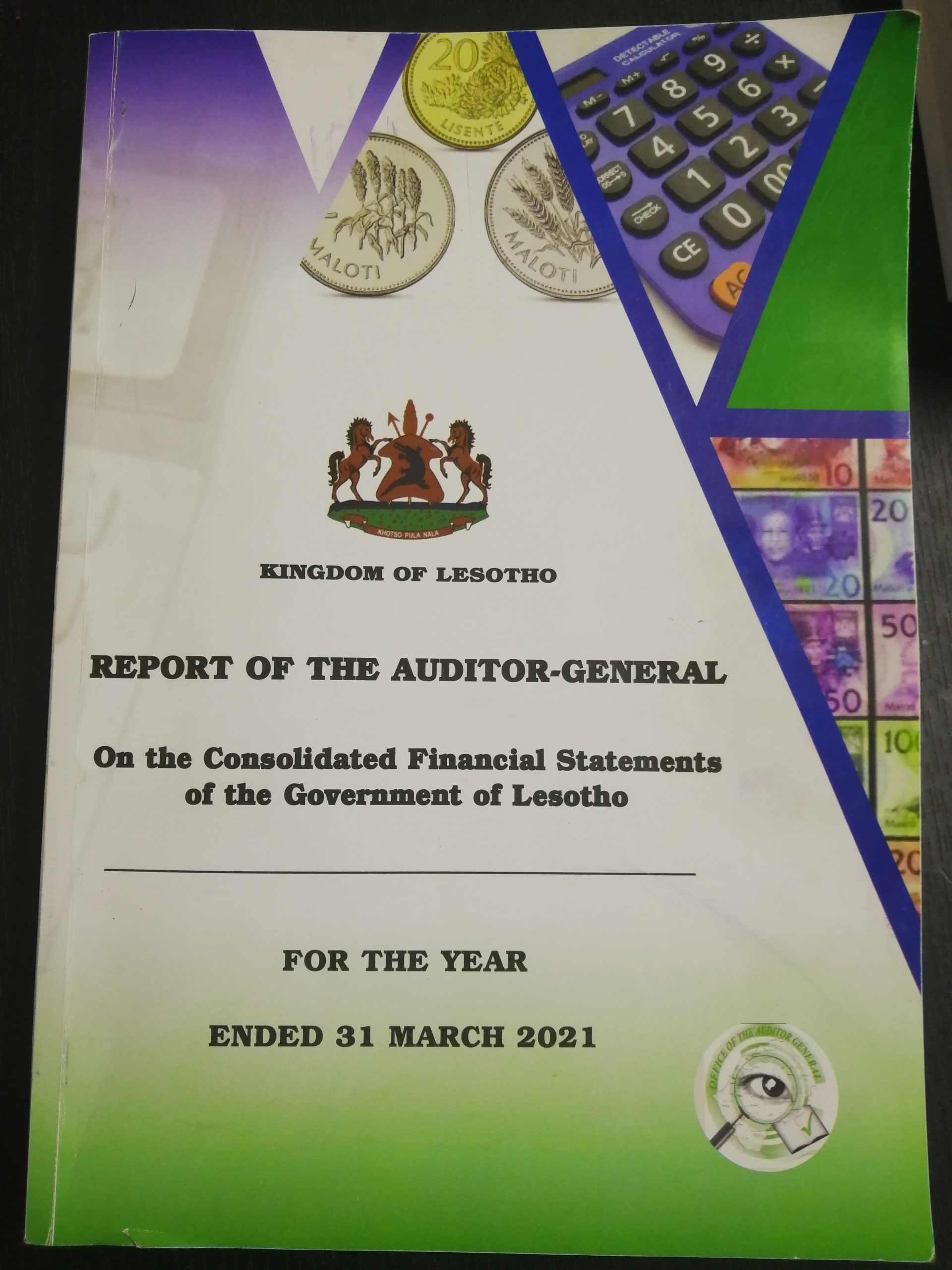Mohloai Mpesi
The office of the auditor general is crippled by the government-wide hiring freeze, Auditor General ‘Mathabo Makenete recently said.
Makenete said this during her opening of a two-day training on annual report writing held in Maseru last Wednesday.
She told the workshop that her office was ready to publish the report of the auditor general on the consolidated financial statements of the government of Lesotho for the year ended March 31, 2022.
She, however, was quick to mention the progress was affected by the shortage of staff which generally leads to the office’s inability to execute its mandate timely.
“The report is almost done although we are behind because there is a backlog, we are short of staff and unable to add more staff due to the government’s directive to halt employment,†she said.
“We are yet to make a special request to the government to be granted exemptions from the freeze so that we continue with our work,†she added.
She further highlighted that they had to change the practice of auditing the government’s financial statements for a period of more than a year.
“It is common to undertake audits for multiple years at a time due to several limitations including lack of human resources and the unavailability of financial statements from agencies we are supposed to audit.
“This needs careful planning and careful reporting so that users of our audit financial statements can better understand them. This is a very important subject that can and will improve our work output,†she said.
When the new government led by prime minister Sam Matekane took office last year, it quickly instituted a government-wide hiring freeze.
It said the freeze was necessary to control the ballooning government wage bill.
Makenete, a former second deputy governor of the Central Bank of Lesotho (CBL) was appointed auditor general by His Majesty King Letsie III in January this year.
“It is with great pleasure that I inform you that His Majesty the King, acting in accordance with the advice of the Right Honourable the Prime Minister in terms of section 142 (1) of the Constitution, has appointed you in the vacant office of Auditor General with effect from, January 30, 2023,†Government Secretary (GS), Lerotholi Pheko, said in January.
The office of the auditor general was established in terms of section 117 of the constitution which states that: “There shall be an Auditor-General whose office shall be an office in the public service.â€
The constitution also recognises the importance and guarantees the independence of the auditor general, stating that in exercising his/her functions “the auditor general shall not be subject to the direction or control of any other person or authorityâ€.
One of the functions of the auditor general is to satisfy himself/herself that all money that has been appropriated by parliament and disbursed has been applied to the purposes to which it was so appropriated and that the expenditure conforms to the authority that governs it.
On its website, the office of the auditor general states that it focuses on independence and objectivity, serving the public interest and commitment to excellence, among others, when conducting its work.
In 2021, the World Bank said the office of the auditor general, which is the supreme audit institution in Lesotho, was one of only 29 auditing authorities in the world that were least independent.
The World Bank said it assessed 118 countries and scored them out of 10, based on indicators such as transparency in the process of appointing the auditor general and financial and staffing autonomy.
Lesotho, the Democratic Republic of Congo (DRC), and Madagascar were the only Southern African Development Community Countries (SADC) that received the lowest grade.
Seventeen countries had high independence, three countries had substantial independence; 37 countries had moderate independence, and 29 countries which include Lesotho had low independence.
This week’s workshop was facilitated by the African Organisation of English-speaking Supreme Audit Institutions (AFROSAI-E).
“I have noted that AFROSAI-E encourages professionalism and strengthens our SAIs (Supreme Audit Institutions). In this regard, it endeavours to capacitate and train our staff of SAIs and the sole purpose of this is to ensure that the quality of work that the SAIs produce is of a superior standard to bring value to the reports that we produce,†Makenete said.
“This training will underpin our reporting. Most of the time we audit government or agencies one year at a time and we end up being behind with work progress and some books end up not being available. Our work capacity is not enough to audit two to three years at a time, that’s not good,†she added.
She indicated that they were going to try to augment their reporting style and even write a portion of the report in Sesotho so that each and every Mosotho understands the report thoroughly.
“Our reporting has to be in such a way that they (Basotho) understand the report and it has to carry the same mandate as the English version. Whether one is literate and the other is illiterate, they should all understand it in the same way,†she said.

Your Trusted Source for News and Insights in Lesotho!
At Newsday Media, we are passionate about delivering accurate, timely, and engaging news and multimedia content to our diverse audience. Founded with the vision of revolutionizing the media landscape in Lesotho, we have grown into a leading hybrid media company that blends traditional journalism with innovative digital platforms.











